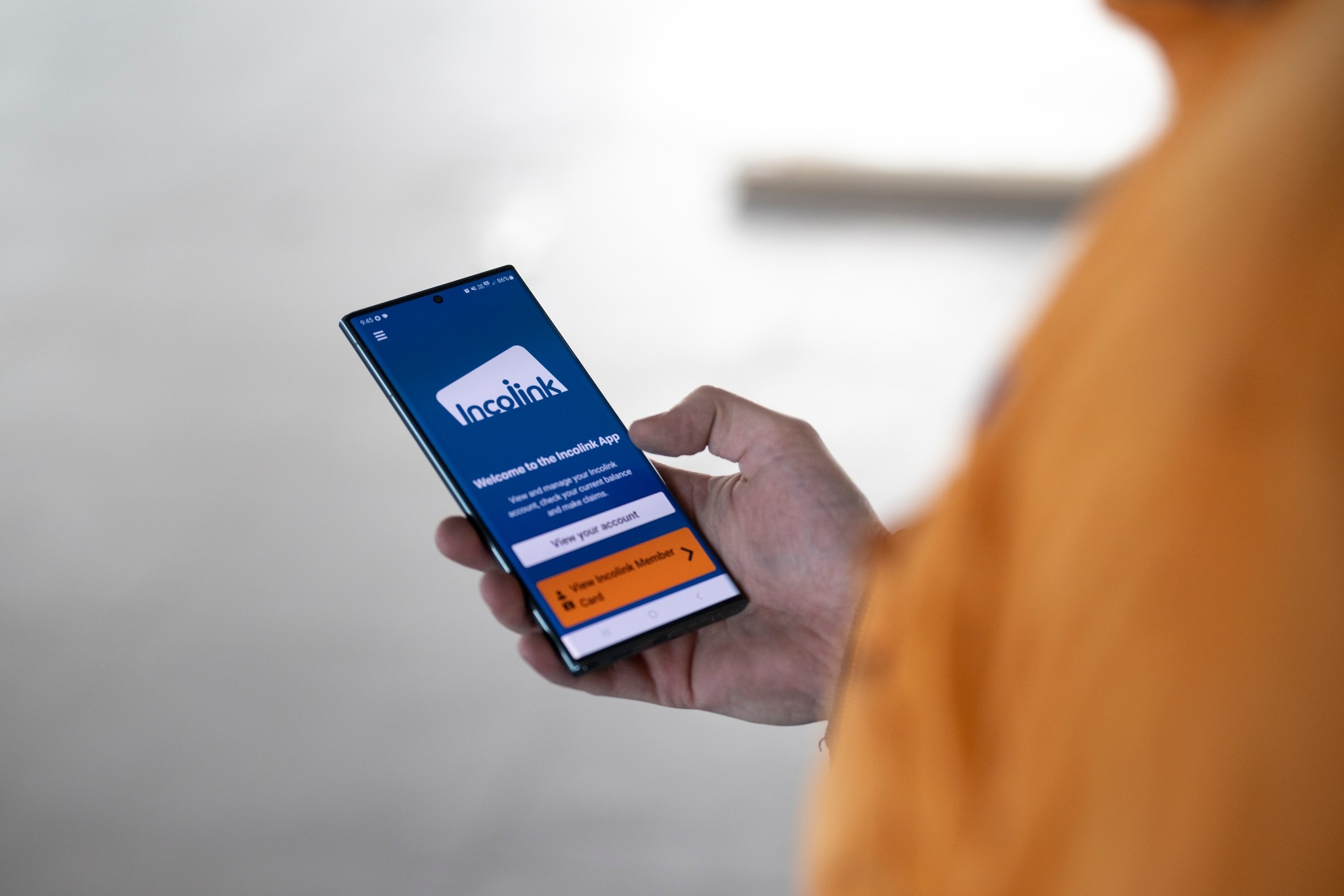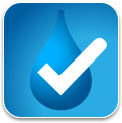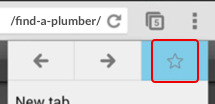As we race toward the end of financial year, the Australian Taxation Office (ATO) wants to help plumbers unclog some tricky tax questions.
With tax time just around the corner, it’s time to start thinking about what you can and can’t claim in your tax return. The ATO has these handy tips to help employee plumbers tackle some common claims in our industry.

To claim a deduction for workrelated expenses:
- You must have spent the money yourself and weren’t reimbursed.
- It must directly relate to earning your income.
- You must have a record to prove it.
You can only claim the work-related portion of expenses. You can’t claim a deduction for any part of an expense that is not directly related to earning your income.
You can use the myDeductions tool in the ATO app to keep track of your expenses and receipts throughout the year.
Car expenses
You can claim the cost of using a car you own when you drive:
- Between separate jobs on the same day - for example, travelling from your first job as a plumber directly to your second job as a TAFE teacher.
- To and from an alternate workplace for the same employer on the same day - for example, between work sites for your employer.
In limited circumstances you can claim the cost of trips between home and work, where:
- You had shifting places of employment (that is, you have no fixed place of work, and you continually travel from one work site to another).
- You carry bulky tools or equipment for work and all the following apply:
- The tools or equipment are essential for you to perform your employment duties and you don’t carry them merely as a matter of choice.
- The tools or equipment are bulky, meaning that because of the size and weight they are awkward to transport and can only be transported conveniently in a vehicle.
- There is no secure storage for the items at the workplace.
If you claim car expenses, you can use the logbook method or the cents per kilometre method to calculate your deduction. If you use the logbook method, you need to keep a valid logbook to determine the percentage of work-related use along with written evidence of your car expenses. If you use the cents per kilometre method, you need to be able to show how you calculated your work-related kilometres and that those kilometres were work related. If you claim your workrelated car expenses using one of the above methods, you can’t claim any further deductions in the same tax return for the same car - for example petrol, servicing, and insurance costs.
Your vehicle is not considered to be a car if it is a vehicle with a carrying capacity of one tonne or more, such as a ute or panel van.
In these circumstances (for example, if you use a ute or panel van) you can’t use the cents per kilometre method or the logbook method to calculate your claim. You can claim the actual costs you incur for the work-related use of your vehicle.
Although you are not required to keep a logbook, it is the easiest way to calculate and demonstrate your work-related use of the vehicle. You can claim the work-related percentage of the decline in value and running costs, such as fuel, oil, insurance, and loan interest but you must keep your receipts and records that show your work-related travel.
Travel expenses
You can claim travel expenses if you travel away from your home overnight while performing your employment duties. Travel expenses can include meals, accommodation, fares, and incidental expenses you incur when travelling for work.
You can’t claim a deduction if travel is paid for, or you are reimbursed by your employer or another person.
Receiving a travel allowance from your employer does not automatically entitle you to a deduction. You still need to show that you were away overnight, you spent the money, and the travel was directly related to earning your employment income.
Tools and equipment expenses
You can claim the cost of:
- Tools or equipment you use for work, such as a plumber’s torch, pipe wrench or snake machine.
- Insurance for your tools and equipment.
- Repairs to your tools and equipment.
If a tool or equipment costs:
- More than $300 - you claim a deduction for the cost over a few years (decline in value).
- $300 or less (and doesn’t form part of a set that costs more than $300) - you can claim an immediate deduction for the whole cost.
You can’t claim tools and equipment that are supplied by your employer or another person.
If you also use the tools and equipment for private purposes, you can only claim the work-related portion. You also need to apportion the cost of repairs between private and work-related use.
Other work-related expenses
You can claim the work-related portion of other expenses that relate to your employment, including:
- Renewing your licence, regulatory permit, card, or certificate to continue to perform your work duties.
- Sunscreen, sunhats, and sunglasses where your duties require you to spend prolonged periods working outdoors.
- Union fees.
- Seminars, conferences, and training courses that relate to your job.
You can’t claim private expenses such as music subscriptions, childcare, or fines.
Did you know?
When it comes to managing your tax and super, the ATO website has a range of resources and support, including a comprehensive guide covering what plumbers can and can’t claim at tax time - visit ato.gov.au/tradie20 to download it.
Share this Article






